Last updated on August 15th, 2024 at 12:41 pm
The role of a Technical Program Manager (TPM) demands that a TPM possesses a variety of skills. Although the core skills of a TPM are technical proficiency and complex program management abilities, the day-to-day toolbox of a TPM contains so much more. In this post, we discuss the core skills that a TPM requires.
TPMs must be able to employ a wide range of skills to ensure the success of their programs. These skills would include being able to:
- Communicate with Stakeholders (Development Managers, Product Managers, Developers, Architects, Compliance Teams, etc.)
- Influence Team Members Without Authority
- Prioritize Deliverables
- Negotiate Timelines
- Understand Relevant Technology enough to Manage their Programs
What Skills do TPMs Need to Master?
The skills required for TPMs vary depending on the type of TPM.
- Depth/Embedded TPMs: These TPMs work with one to three development teams
- Breadth TPMs: These TPMS own large cross-team programs, manage 30+ teams and are responsible for large initiatives.
- SWAT TPMs: These TPMs specialize in fixing critical programs.
The three roles require an additional set of skills for success. Think of these skills as the icing on the cake of a TPM’s core skill set: Program Management and Technical Acumen.
The TPM’s core skills are Program Management and Technical Acumen.
Program Management is needed to ensure product delivery and Technical Acumen includes the ability to have effective conversations with internal and external teams.
| Program Management |
|
| Technical Acumen |
|
| Communication Skills |
(Product Managers, Leadership Team, External Vendors, Testers, and Engineers)
|
| Leadership |
|
| Stakeholder & Partner Management |
|
| Influence |
|
| Prioritization |
|
| Multitasking |
|
The above should give you a good overview of the core skills a TPM needs. Try to ensure that your current role gives you the opportunity to practice and hone these skills.
Skills By Specialization
Certain types of roles may require additional skills. See below:
| Specialization | Skills |
| Depth |
|
| Breadth |
|
| SWAT |
|
There you go ! We hope the above post helped you in figuring out the skills you have and the skills you need to sharpen up.
Authored by
Gouri Prasad, Vikas Sharma, Vadivelan Natarajan, Purnima Vijaya
Frequently Asked Questions (FAQs)
Question 1. What does technical program manager do?
Question 2. What skills do I need to be a technical program manager?
Question 3. What does a Senior Technical Program Manager do?
Question 4. What makes a good technical program manager?
Question 5. How do I get better at TPM?
Question 6. What is difference between program manager and technical program manager?
Question 7. Should a project manager have technical skills?
Ready for your next career adventure?
Get personalized advice from Mario to confidently choose the roles, companies, and skills that shape your future!
Authors

Purnima Vijaya
Experienced contributor with a demonstrated history of working in the information technology, Data, and Analytics industry.

Vikas Sharma
CSM and SAFe 5 AGILE certified Program Leader with experience in People, Portfolio & TPM.

Vadivelan Natarajan

Gouri Prasad Mallampalli
10+ years of experience working in data-driven projects.

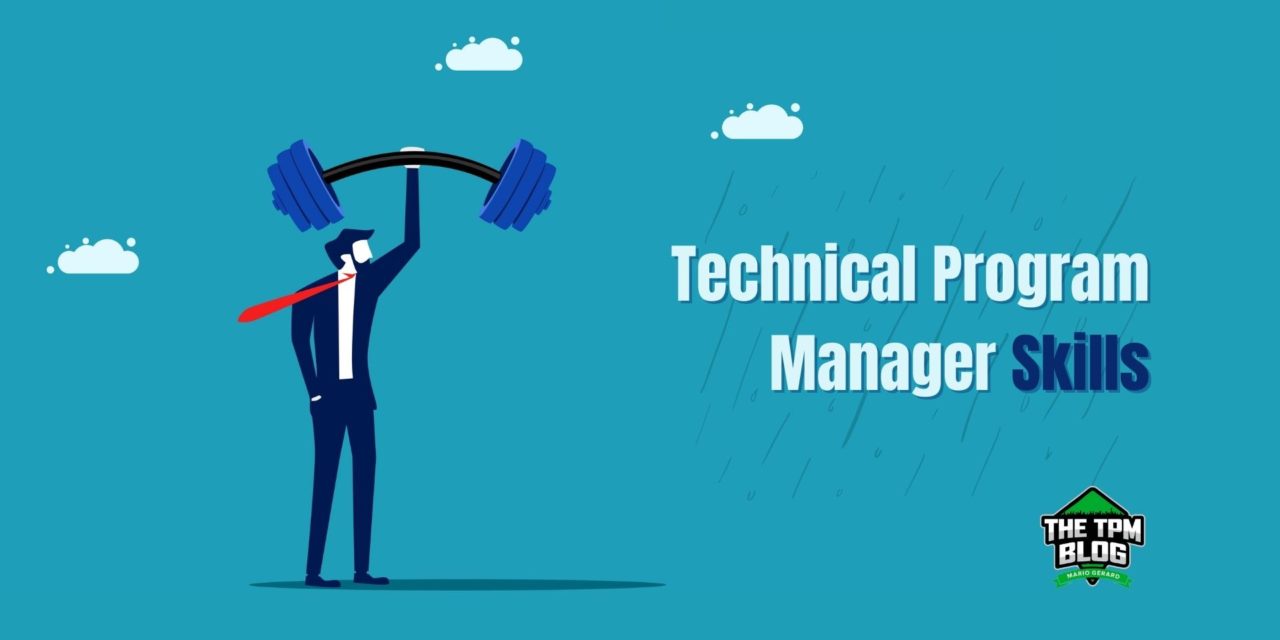
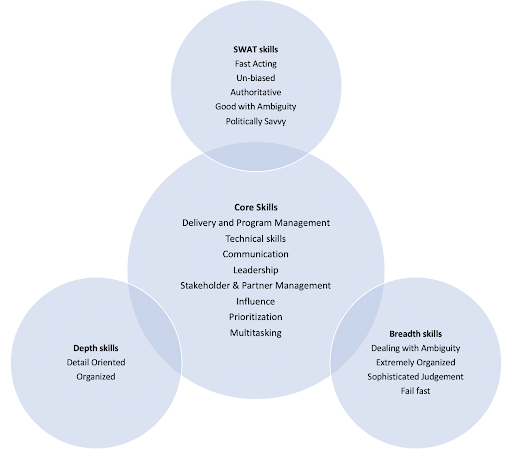
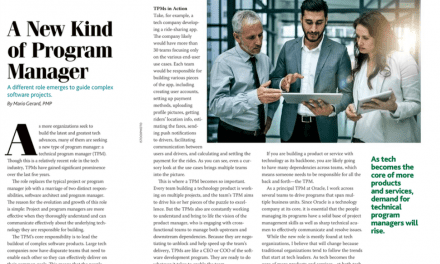
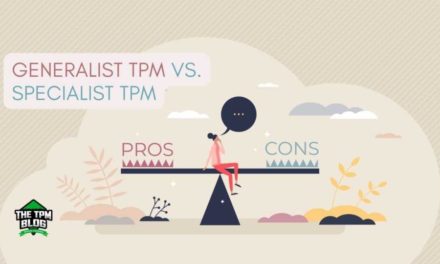

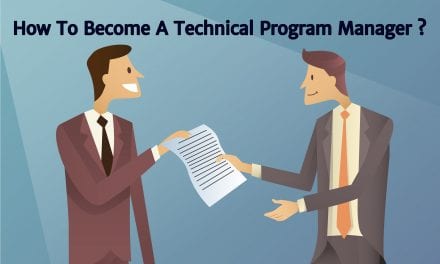


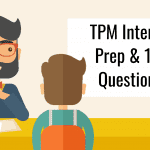
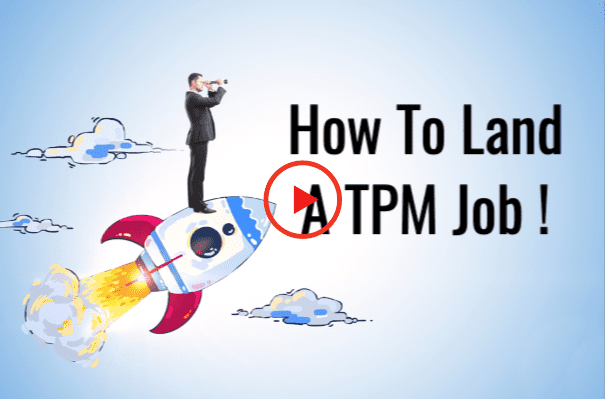



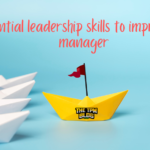
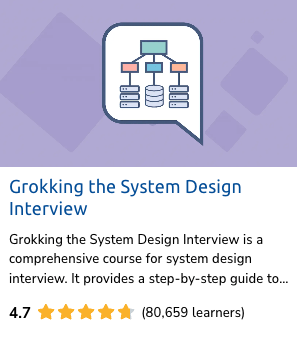

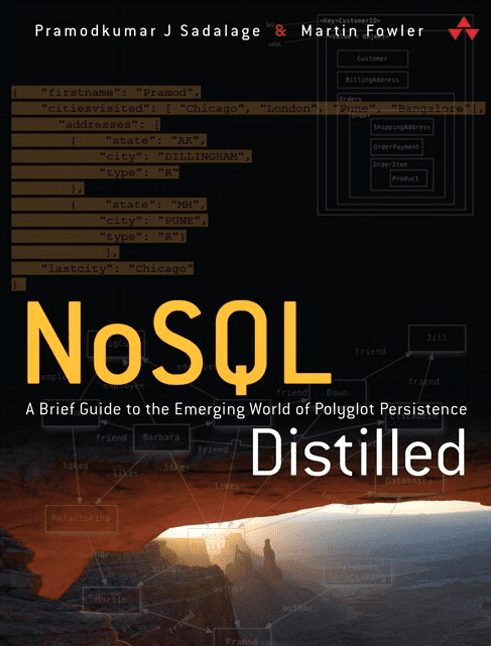
TPM must support prioritisation to ensure value is realised early and provide insights on the dependencies to deliver value. At times, TPM’s might own prioritisation for platform products or products internal to the organisations.
Hi, I have experience in Program management but looking to grow on the TPM side, Need help in taking training and placements
Does tpm need to support or own prioritisation?
Great content .